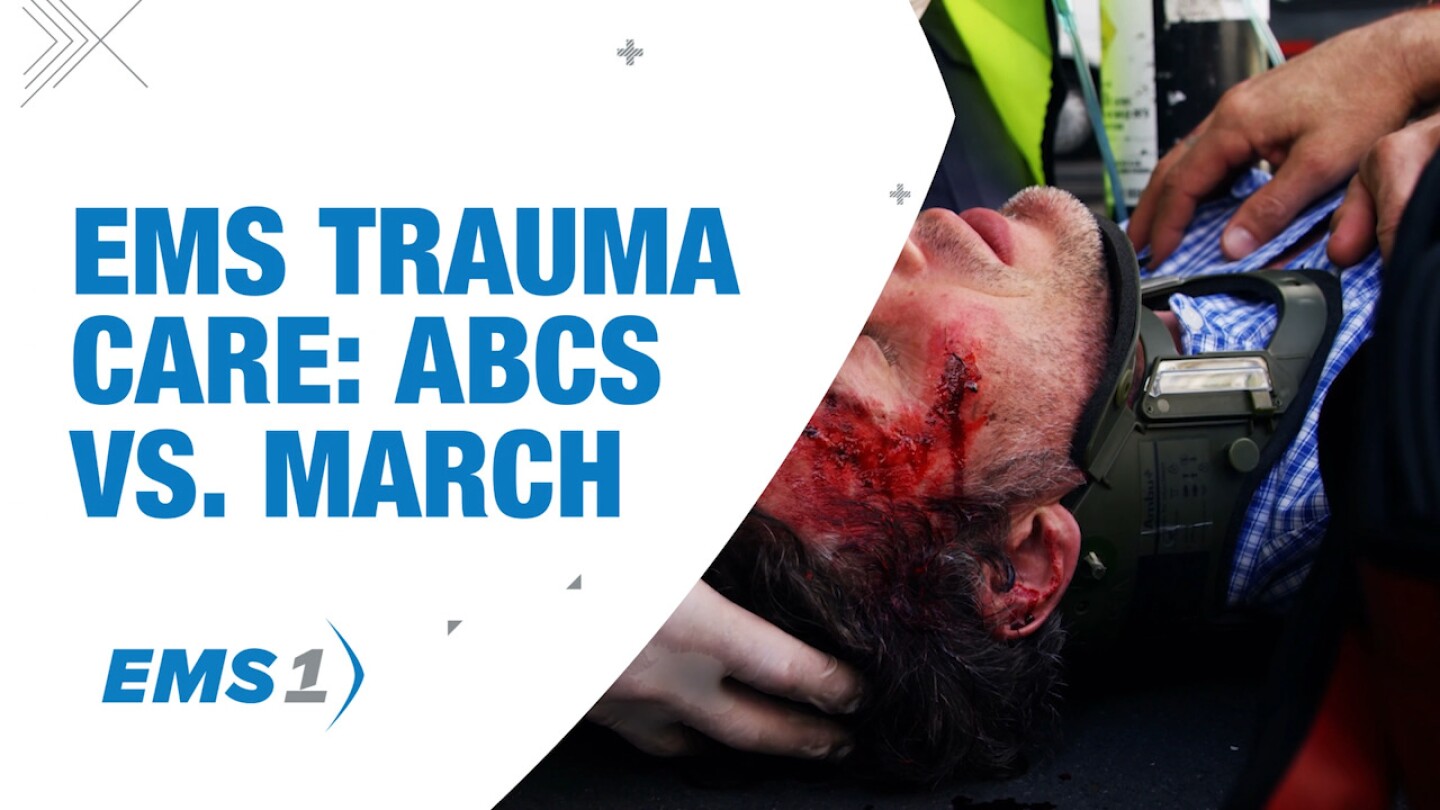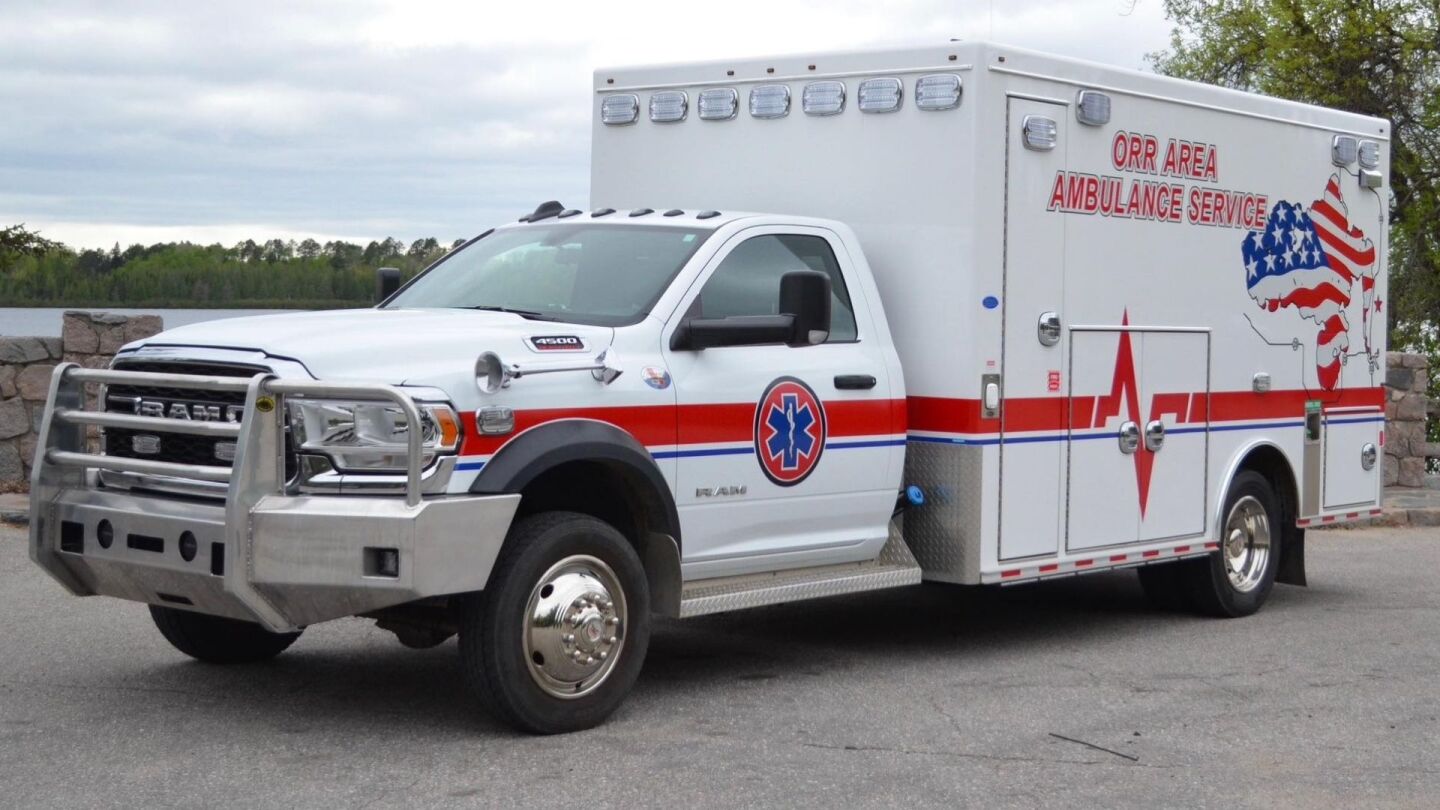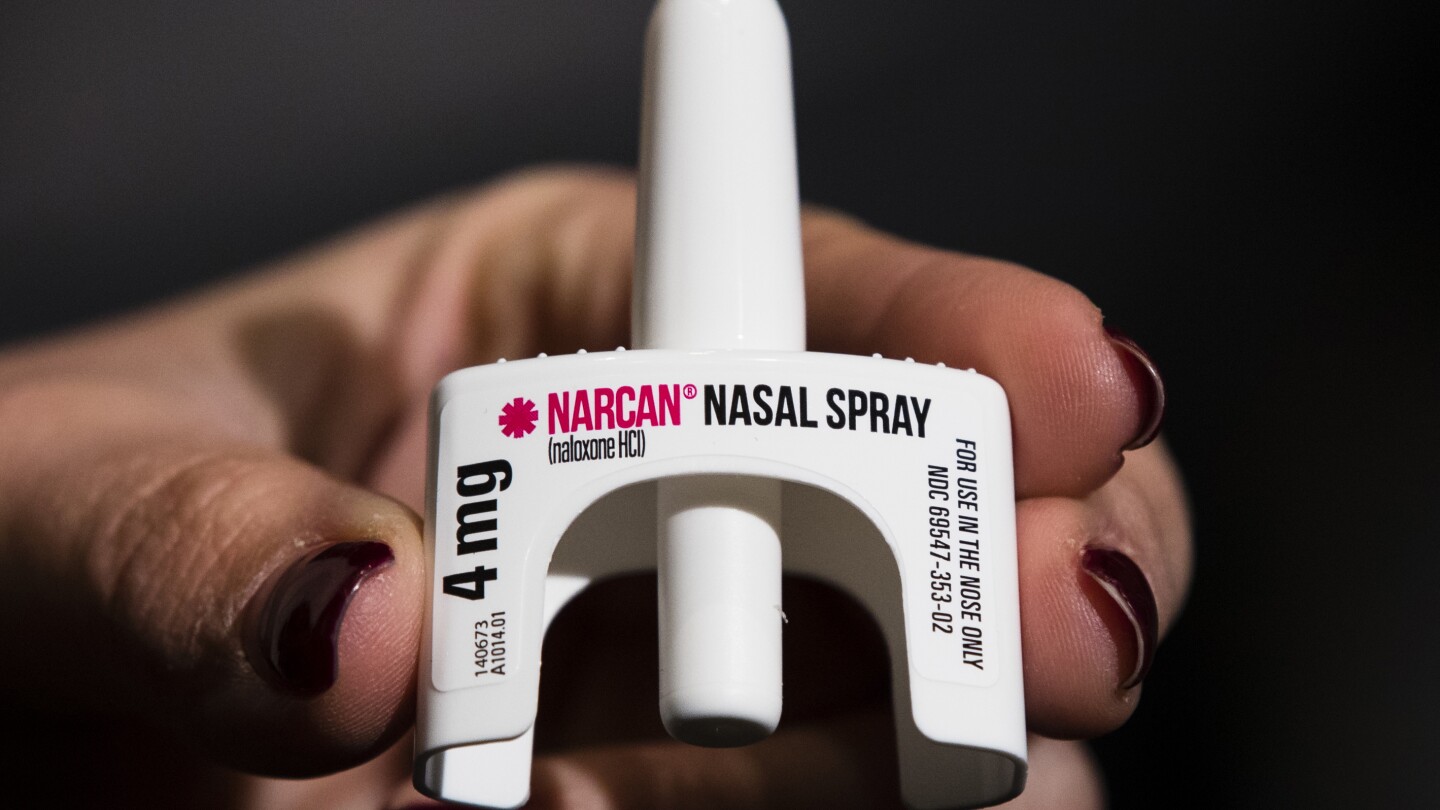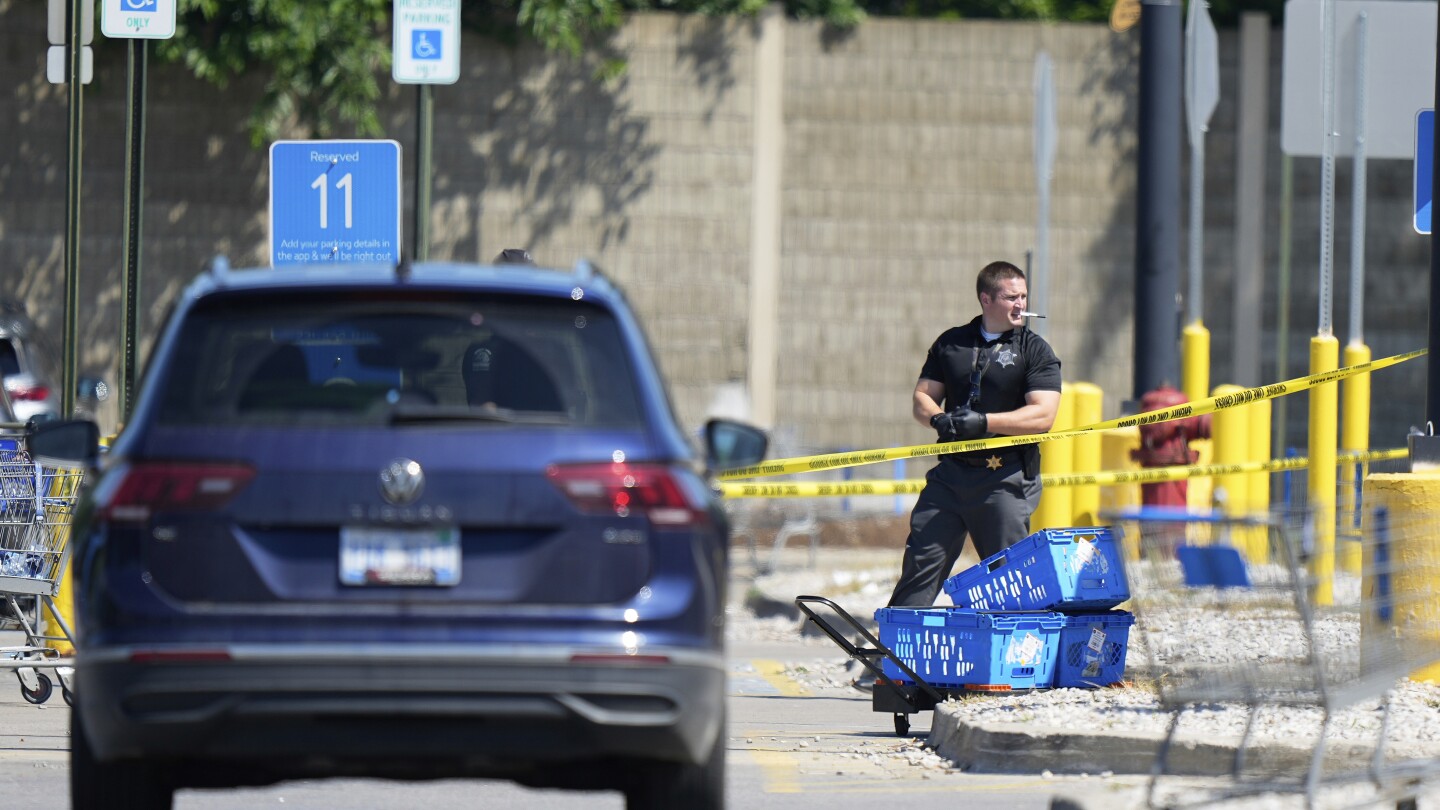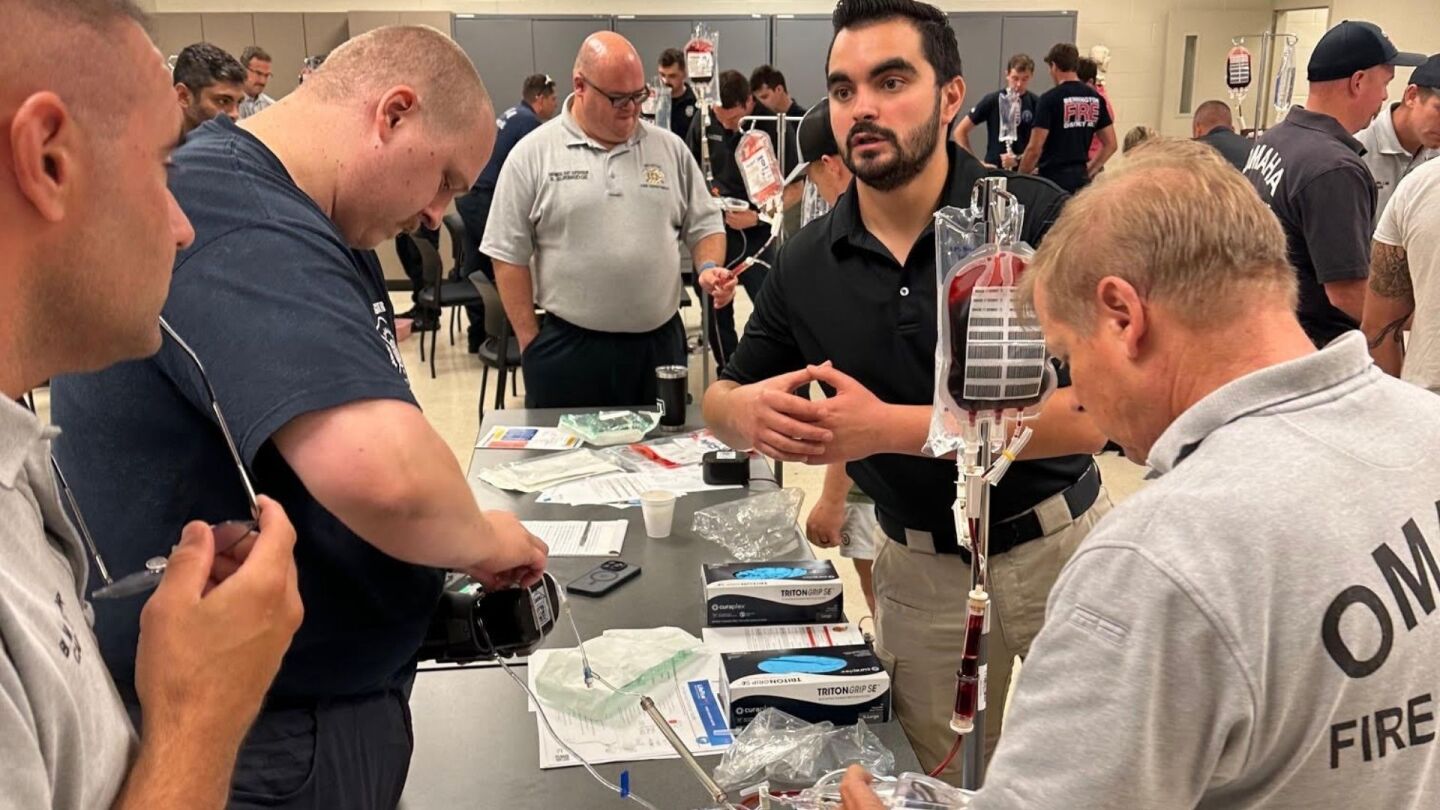Stop The Bleed
You are on scene with a patient who has sustained a significant injury; how do you decide whether to use red lights and sirens?
Delayed treatment, disjointed command and outdated protocols are costing lives. Here’s how to streamline care from the crisis point to the trauma center.
When the conditions are ripe, the distinction between intoxication and a diabetic emergency can easily be blurred
The new program makes Elyria one of only two Ohio cities authorized to give prehospital blood
Carroll County Department of Fire & EMS has administered blood transfusions in the field 17 times, saving 14 lives and securing five years of funding through a new federal grant
The Naperville Fire Department is the first in the Edward Hospital EMS system to carry the SAM junctional tourniquet
“For person after person, it was the firefighters over and over again trying to be helpful in some way,” Second Assistant Chief Rob Sibley recalls of members’ support for the community
The Region V Hospital Coordinating Center and Southern Illinois Healthcare donated bleeding-control kits and training to Vienna School District
Cabarrus County EMS and Atrium Health Cabarrus are now delivering blood transfusions in the field, using rapid infusers and mobile blood units
Brownsville residents gathered to learn how to stop life-threatening bleeding with hands-on skills to help shooting victims before EMS arrives
An 81-year-old pilot was injured when a propeller struck his arm while moving a plane at the Paso Robles Municipal Airport
Dr. Dominique Wong’s research shows how police can use simple, evidence-based medical skills to save victims who can’t wait for EMS in an active-shooter event
Arlington Fire Department, AMR Arlington and Medical City Arlington have launched a Whole Blood Program, allowing paramedics to give transfusions in the field
The city’s Rescue 1 and Rescue 2 now carry two units in military-grade fridges, bringing transfusions to the scene and boosting survival
This advanced life support framework can help improve your trauma care
A Davenport man stemmed bleeding with a tourniquet before St. Louis County first responders reached him
After a miter saw injury, Orangeburg County paramedics applied the algae-based gel, stopping the bleeding and saving the firefighter’s hand
Our cohosts discuss bleeding control, early tourniquet use and transportation to a trauma center
Metro Atlanta Ambulance Service now carries whole blood on ALS units across Bartow, Cobb and Paulding counties
Addressing Sioux City Fire Rescue, the “Black Hawk Down” surgeon said only 2 % of U.S. rigs carry blood
Naloxone will now sit alongside AEDs, CPR masks and Stop The Bleed kits at six park kiosks and municipal sites in Windham
Dells-Delton EMS, Reedsburg Ambulance and Baraboo Area Fire and EMS have each administered blood in the field since launching their transfusion programs in May
The law requires annual training and emergency protocols to treat traumatic injuries before EMS arrives
Munson Healthcare in Traverse City reports improved conditions among the 11 injured, with only one still listed as serious
A 42-year-old man randomly attacked shoppers with a knife at a Walmart in Traverse City, before being tackled and detained by bystanders
The boy’s mother carried the child next door, where Hernando County paramedic Stephen Murphy treated the most life-threatening wounds until additional responders arrived
The initiative has equipped bystanders across 141 countries and all 50 states with the skills to stop life-threatening hemorrhage before EMS arrival
Are there exceptions to this hard-and-fast EMS rule?
Omaha paramedics can now give blood transfusions at trauma scenes, a move officials say could save 30 lives a year
















